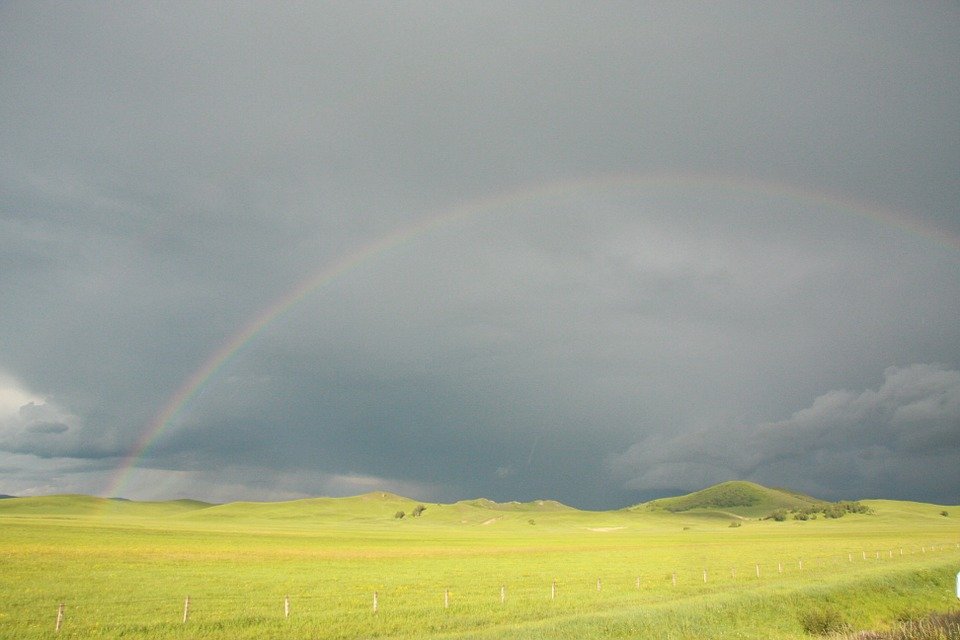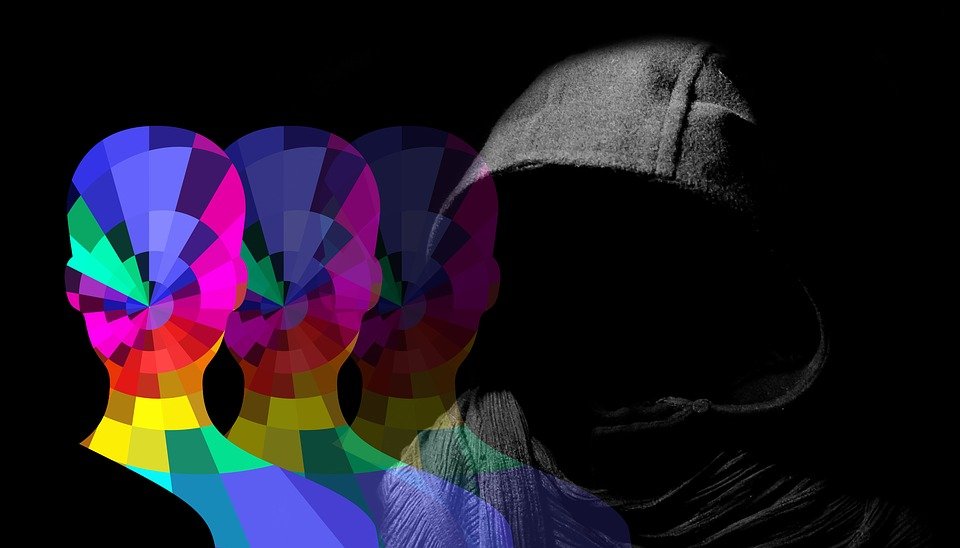Why do we choose the scientific way of observing the world? Is science an object or a part of the person that observes it?
We are surrounded by amazing things. In just an instant we can prepare a long list of fascinating elements and daily events.
 Lets start with the simple things. We've the sun. Dawn, dusk. Divine. This takes us to the beach. We all love the beach. The dunes, sand, making a castle, bikinis and lifeguards. We arrive to the sea. Waves, a nearly infinite mass of water and the horizon, that thin background line that always places us in a meditative mood. So much, that you lose track of time and it becomes night. In there, the commonest place among the common ones shows up:
Lets start with the simple things. We've the sun. Dawn, dusk. Divine. This takes us to the beach. We all love the beach. The dunes, sand, making a castle, bikinis and lifeguards. We arrive to the sea. Waves, a nearly infinite mass of water and the horizon, that thin background line that always places us in a meditative mood. So much, that you lose track of time and it becomes night. In there, the commonest place among the common ones shows up:
The moon
...a preferred item for songs, novels and movies. Beautiful and mellow moon, so corny. Even so, our natural satellite is able to hypnotize even the most cold blooded fundamentalist in one or another rare night. Because nobody escapes from the moon's grasp. And, the bigger, the harder to escape. That is how gravity works. From where we are now, the moon does nothing but to alter our moods. But to the oceans, giants masses of water, it shakes is all the time, until it is able to steal your flip flops.
At the gravity law, Isaac Newton ‒yes, the guy of the apple (no William Tell! That's another one!)‒ says that the attraction between two bodies is directly proportional to their masses and inversely proportional to the distance among them. That us why we walk funny at the moon, because it has less mass than the Earth and we are attracted less. And that is why "The Little Prince" would've lasted half a second at B612, leaping into space until perhaps crashing against a larger space object.
Now that magic moment of looking at the sky while we listen the music of the sea... Is totally ruined, pestered with knowledge. I broke it, sorry, it was my fault.
Lets go back to the daytime, that also has some nice things. A rainbow, for example. There's no hollow hearth that can deny the beauty within it. Of course neither there was a missing erudite with lots of free time that searched for the explanation for this phenomenon. Not a surprise for anyone, it was also Newton, Grinch of nature's magic, the one that nearly completely described the facts behind a rainbow forming. Newton observed that when a stream of natural light passes through a prism, it decomposes into different colors. So, this way, he proved that the natural light (aka: white light), is actually composed of several wavelengths, that we perceive as different colors.

When a drizzle starts, each drop works as a small prism that separates the light in all the wavelengths that compose it. Even when the spectrum is continuous, reason why light decomposes in an infinity of wavelengths, Newton grouped them into 7 colors, because superstition beats science. In his times, the number 7 had a particular attractive. There were 7 known planets, 7 musical notes, 7 whatever you may think about. The 7 is also the number that any christian fanatic would tattoo, just like Newton was. In the Bible, only at the Apocalypsis book it is mentioned 55 times. Obviously, it HAS to have a meaning, right?
Good. Thanks to Isaac we've already ruined a magic night at the beach and the mysteries of a rainbow.
The list of what fascinates us is never-ending, infinite, and their components generate that contradictory feeling of wanting to know but not wanting to nuke the wonder. The issue becomes more complex if we set ourselves into an anthropocentric state of mind. What happens when we seek for explanations to not only the phenomena that surrounds us, but also to the effect they cause in us? Now it becomes philosophically itchy. Because, the beauty of the Universe is cool, but if it wasn't for us, that give a semantic emotional payload to all of them; they would be nothing but mere "facts" of the Universe. Attempting to decode the mechanisms that nature uses to affect us implies that we need to understand us ourselves that we are, basically, our brain. Love, hate, fear, sadness, joy. We feed on emotions, and today we've the tech that allows us to study the neurophysiological processes that create them. Or is it that understanding what happens with our nervous system when we are happy or sad changed the nature of the feelings themselves?

The truth is that we need to understand. We need to know. We've doubts about everything that surrounds us, and about ourselves. Strip nature naked, see the backstage, yes, it does "ruin the magic". But magic can also be anguishing, not ever fully explaining things. We chose to stick with the mystics and myths, but we cannot stop ourselves from seeking the truth, to what happens outside, and inside.
Perhaps we shouldn't take "understanding" as a wonder destruction device. Perhaps, understanding is, precisely, just another element in our list of fascinating items.

If you liked this post and its informal way of talking about sciences, please, follow me for more!
Leave a comment either for good or for bad reviews. I take everything as constructive, and I really appreciate the feedback, even from trolls (at least a troll read it before being himself!).
Copyrights:
All the previously used images are of my authory or under a CC0 license (Source: pixabay), unless openly stated.
All the Images created by me possess a WTFPL licencing and they are free to redistribute, share, copy, paste, modify, sell, crop, paste, clone in whatever way you want.
